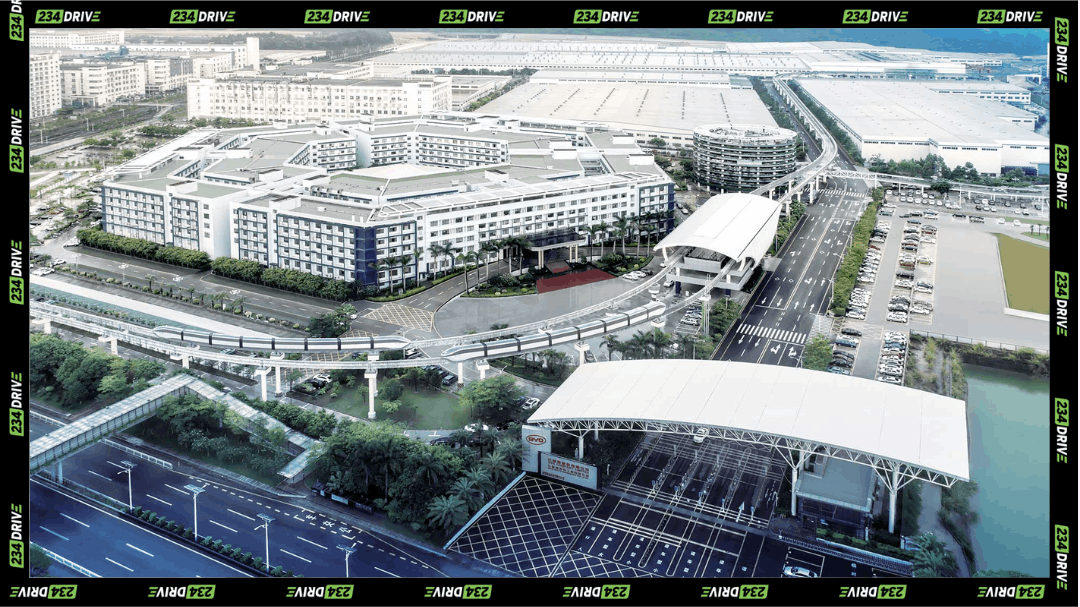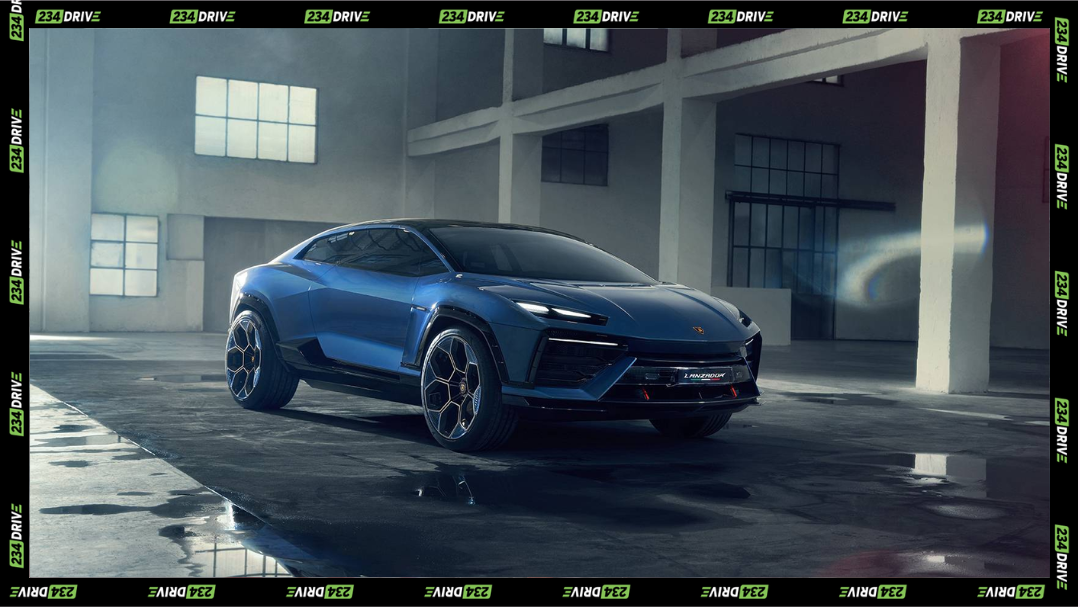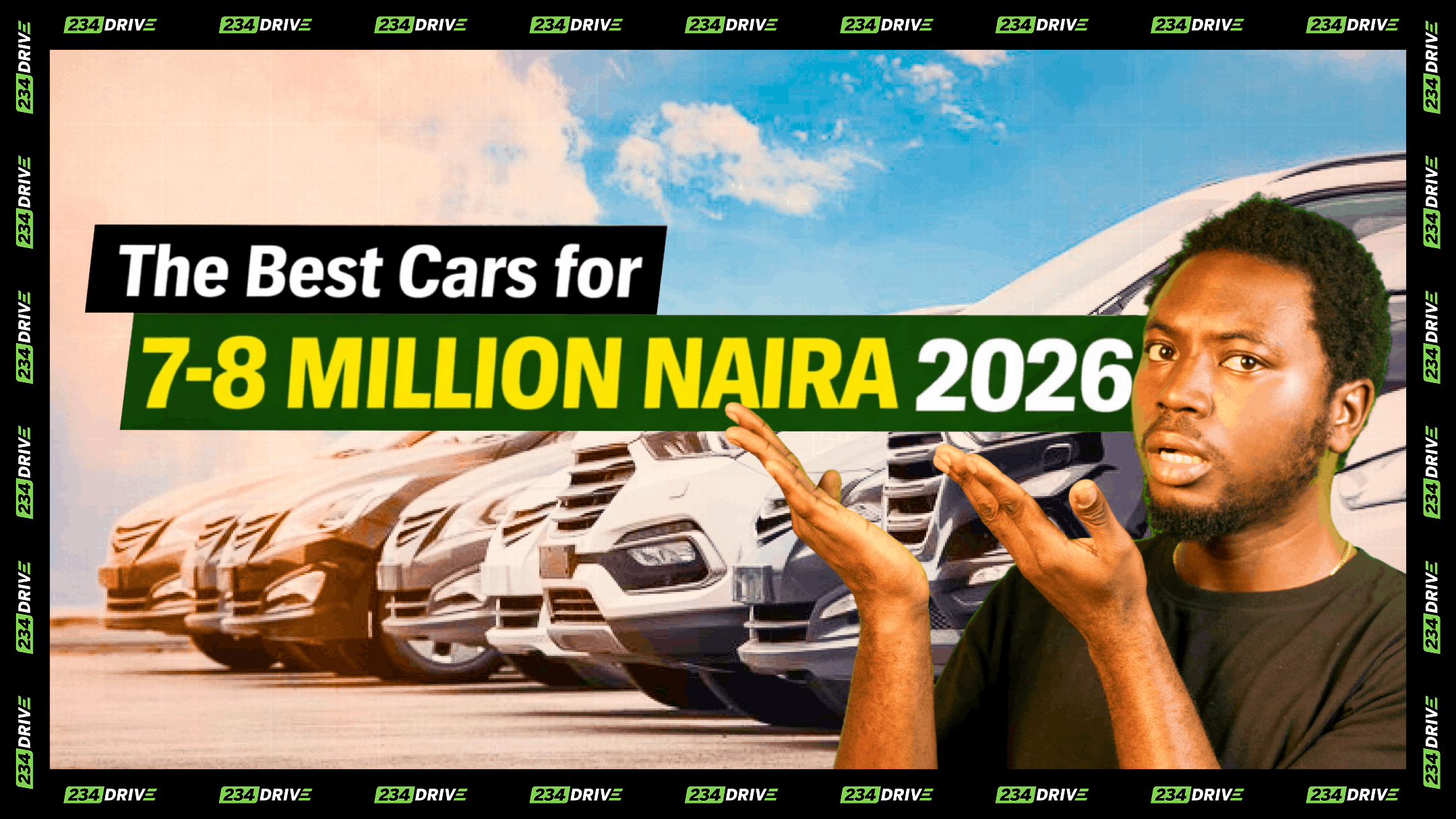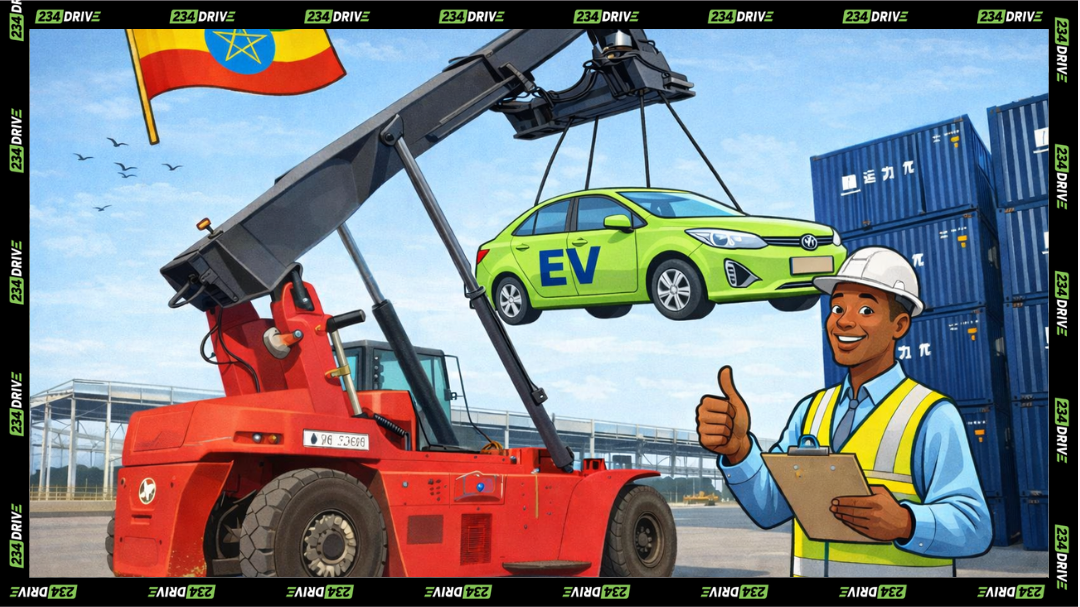Owning a classic car in Nigeria requires commitment, regular upkeep, and financial readiness. These vehicles carry decades of history, and for enthusiasts, they represent both cultural heritage and personal pride. Events such as the Classic Cars Club of Nigeria’s Father’s Day and Mother’s Day drives have become key gatherings for owners and fans.
The growing interest in vintage automobiles is evident at shows and rallies nationwide. However, maintaining these vehicles comes with challenges, including sourcing parts, dealing with age-related wear, and finding skilled mechanics. Despite these obstacles, the satisfaction of keeping classic cars on the road continues to attract committed collectors.
Cultural and Historical Significance
In Nigeria, classic cars are valued for their connection to the past and their role in showcasing automotive history. They symbolise status, achievement, and an appreciation for craftsmanship. At events, vintage models like the Mercedes-Benz W123, Peugeot 504, and Ford Mustang often draw the most attention, sparking conversations and nostalgia.
Collectors see these cars as more than transportation—they are moving pieces of history. Their presence at rallies and expos highlights a commitment to preserving Nigeria’s motoring legacy.
Popular Models Among Enthusiasts
Certain makes and models have become favourites in Nigeria’s classic car scene:
- Mercedes-Benz: W123, 190, E220, and S-Class.
- BMW: E30 series.
- American classics: Cadillac El Dorado, AMC Rambler, Ford Mustang.
- European favourites: Volvo 240, pre-1980 Toyota Corolla.
At the June 15, 2025 Classic Car Club show in Lagos, these models and others drew large crowds, demonstrating the enduring appeal of well-maintained classics.
Rise of Classic Car Events
In recent years, vintage car events have become more frequent. These gatherings allow owners to showcase restorations, connect with potential buyers, and exchange expertise. They also serve to promote awareness and appreciation for automotive history in Nigeria.
Challenges of Ownership
Age and Condition
Many classic cars are decades old, making rust and wear inevitable—especially in Nigeria’s humid climate. Poor road conditions further accelerate deterioration.
Parts and Restoration
Original parts are often imported, increasing costs and lead times. Restorations can take months and require experienced specialists. Some owners rely on second-hand parts or fabricate replacements locally.
Maintenance and Expertise
Keeping a vintage vehicle roadworthy is more demanding than maintaining modern cars. Skilled mechanics familiar with older technology are rare, and some owners bring in foreign technicians for complex work.
Legal Considerations
Import regulations, registration, and insurance requirements for classic cars can be complex. Owners must navigate changing policies to ensure compliance.
Buying a Classic Car in Nigeria
Key Checks
Buyers should confirm original mileage, inspect for structural rust, verify authenticity of parts, and review service history. A professional inspection is highly recommended.
Costs

Prices vary widely. Well-preserved Mercedes-Benz W123 models may cost around ₦2 million, while rarer American classics can be significantly higher. Restoration can easily double the initial purchase price.
Where to Buy
Options include car clubs, dedicated shows, private collectors, online marketplaces, and auctions. Attending events is a good way to find potential sellers.
Maintenance and Preservation
Routine Care
Owners should regularly check for rust, change fluids, maintain battery health, and store vehicles under cover. Preventive care extends the lifespan and appearance of the car.
Restoration
Selecting reputable workshops with experience in classic models is essential. Some upgrades—like modern lighting or suspension—can improve safety while preserving the original look.
Modern Additions
Upgrades such as LED headlights, improved brakes, and enhanced suspension can make classics safer and more comfortable without losing authenticity.
Community and Resources
Joining a car club provides access to advice, parts sourcing, and a support network. Online forums and social groups also connect enthusiasts, offering solutions and encouragement.
Iconic Models in Nigeria
Highlights include:
- Mercedes-Benz: W123, E220, S-Class.
- American: Cadillac El Dorado, AMC Rambler, Ford Mustang.
- European: BMW E30, Volvo 240, 1969 Toyota Corolla.
- Off-road: Land Rover Defenders from 2002 and 2010.
Growing Enthusiast Community
Events and rallies remain central to the classic car culture. They bring together owners, mechanics, and admirers to share knowledge and celebrate these vehicles.
Tips for New Collectors
Start with accessible models, build a network of trusted mechanics, and be patient. Attending shows provides valuable insight and connections.
Conclusion
Classic cars remain a vital part of Nigeria’s automotive culture. Their strengths lie in their timeless design, cultural significance, and the pride they bring to owners. Weaknesses include high maintenance demands, limited parts availability, and the need for specialised expertise. As the community grows, more collectors have the opportunity to add their voices and experiences to Nigeria’s classic car story. Which models or memories stand out most to you?










